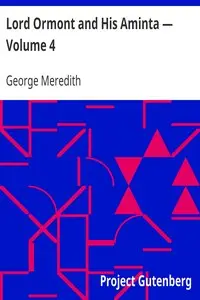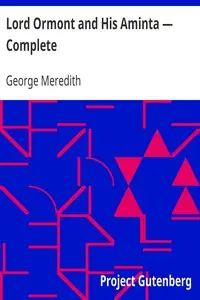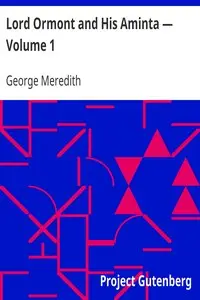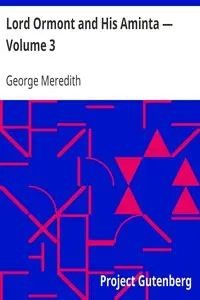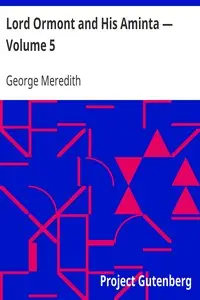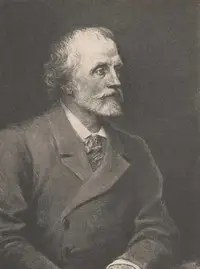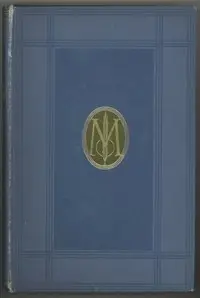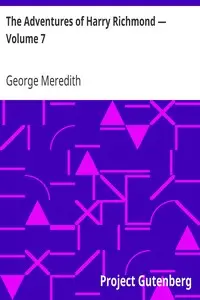"Lord Ormont and His Aminta — Volume 2" by George Meredith is a late 19th-century novel exploring the troubled marriage between Lord Ormont and his wife, Aminta, shaped by societal expectations and personal desires. Aminta yearns for love and acknowledgment, while Lord Ormont grapples with his honor and ego, leading to fundamental challenges within their relationship. The story opens with Aminta expressing feelings of neglect to her aunt, Mrs. Pagnell, highlighting the distance between her and her husband. As Aminta deals with her unhappiness, she questions her role as a countess and the restrictions it places on her. Hints of external pressures and social influences suggest further complications for their already fragile bond, setting the scene for a deep look at relationships, societal norms, and the search for individual identity.
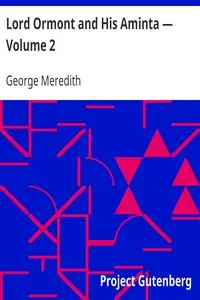
Lord Ormont and His Aminta — Volume 2
By George Meredith
Amidst societal expectations and personal desires, a countess and her proud husband navigate a strained marriage filled with unfulfilled emotional needs and external pressures.
Summary
About the AuthorGeorge Meredith was an English novelist and poet of the Victorian era. At first, his focus was poetry, influenced by John Keats among others, but Meredith gradually established a reputation as a novelist. The Ordeal of Richard Feverel (1859) briefly scandalised Victorian literary circles. Of his later novels, the most enduring is The Egoist (1879), though in his lifetime his greatest success was Diana of the Crossways (1885). His novels were innovative in their attention to characters' psychology, and also portrayed social change. His style, in both poetry and prose, was noted for its syntactic complexity; Oscar Wilde likened it to "chaos illumined by brilliant flashes of lightning". Meredith was an encourager of other novelists, as well as an influence on them; among those to benefit were Robert Louis Stevenson and George Gissing. Meredith was nominated for the Nobel Prize in Literature seven times.
George Meredith was an English novelist and poet of the Victorian era. At first, his focus was poetry, influenced by John Keats among others, but Meredith gradually established a reputation as a novelist. The Ordeal of Richard Feverel (1859) briefly scandalised Victorian literary circles. Of his later novels, the most enduring is The Egoist (1879), though in his lifetime his greatest success was Diana of the Crossways (1885). His novels were innovative in their attention to characters' psychology, and also portrayed social change. His style, in both poetry and prose, was noted for its syntactic complexity; Oscar Wilde likened it to "chaos illumined by brilliant flashes of lightning". Meredith was an encourager of other novelists, as well as an influence on them; among those to benefit were Robert Louis Stevenson and George Gissing. Meredith was nominated for the Nobel Prize in Literature seven times.


